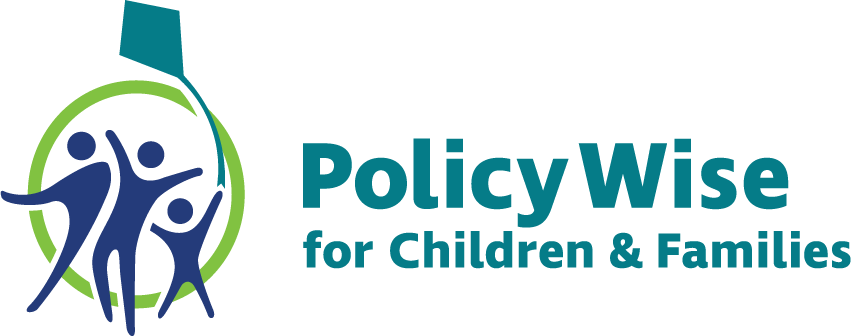
Building Strength, Inspiring Hope Five-Year Action Plan
Building Strength, Inspiring Hope is a provincial five-year (2019-2024) action plan to prevent youth suicide. Although applicable to all youth, it focuses on actions for young people at the greatest risk of suicide. It outlines evidence-informed actions to build community capacity, provide supports and services focused on recovery and growth, and ultimately reduced youth suicide in the province.
PolicyWise administered grants to four research teams to support the evidence-base for the Building Strength, Inspiring Hope plan. We highlight these projects, their findings, and why they matter to practice below.
Youth Suicide Prevention Research Projects Summary

Stakeholder Perspectives on Risk Factors and Opportunities for Suicide Prevention among Individuals with Fetal Alcohol Spectrum Disorder (FASD)
This Alberta-based research team focused on understanding stakeholders’ perspectives on FASD and suicidality. The findings provide perspectives on the experiences of caregivers, professionals, and young adults living with FASD. The project was informed by independent, but interconnected, research activities. First, this research included a scoping literature review of published research and relevant practice-based literature. Second, the researchers completed a secondary data analysis on suicidality and associated factors using records from Canada’s National FASD Database (“DataForm”). DataForm is a national repository of clinical information gathered from FASD assessment and diagnostic clinics across Canada. Lastly, the researchers conducted focus groups and individual interviews with caregivers, frontline service providers and other FASD and mental health professionals, researchers, and a group of young adults with FASD.

School-Based Suicide Prevention through Gatekeeper Training: Development and Evaluation of Three Approaches
In this project the research team explored the role of gatekeeper training in youth suicide prevention for school staff and teachers. Suicide is a leading cause of death for children and youth in Canada. Teachers and other school staff play an important role in suicide prevention. Yet, many school staff have not been trained in suicide prevention. Gatekeeper training is a promising suicide prevention approach in school settings. Goals of gatekeeper training are to build knowledge on youth suicide, risk and protective factors, and warning signs, and to improve attitudes, comfort, and capacity for teacher intervention with students in distress. The research team also developed new training to extend and compliment the gatekeeper training – called Natural Leader training.

Creating Hope: Youth Suicide Prevention through the Co-Design of a Peer Support Program
In partnership with community-based organization, the research team conducted a two-phase study. In phase one, they undertook a scoping review about peer support for suicide prevention with youth. In phase two, the research team engaged youth in co-designing a community peer support model to reduce access barriers and challenges. Peer support is practical and emotional support between individuals having a shared experience. Peer support programs have proven effective for developing coping skills, social connectedness, enhanced self-esteem, and increasing mental health literacy.

Creating a Youth-Led Research Team to Address Mental Health and Prevent Suicide Among Immigrant and Refugee Youth
This project was a year-long community-university partnership that included the Multicultural Health Brokers Co-Operative and University of Alberta, School of Public Health. The focus of the project was to co-create a youth-led research team to address mental health issues and prevent suicide among immigrant and refugee youth. Youth-led research teams are increasingly prominent strategies to re-focus how youth mental health and well-being are defined, prioritized, studied, and evaluated. The goal of the project was to document how the youth-led approaches were created, implemented, and evaluated by youth.

